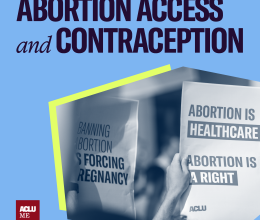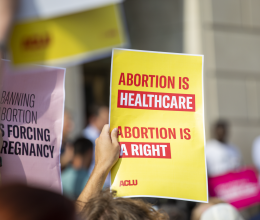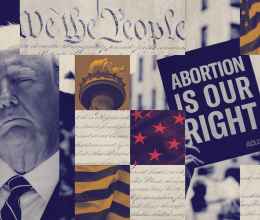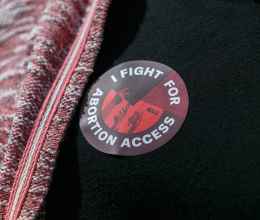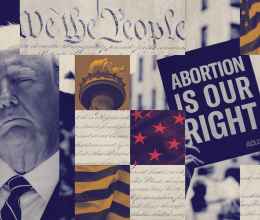Tuesday, April 8, was Equal Pay Day. Equal Pay Day represents the number of extra days a woman in the U.S. must work before she is paid the same amount as the average man in the U.S. (in other words, the average woman worked through all of 2013 AND the first 14 weeks of 2014 before earning what the average man made in 2013 alone). This day was created by the National Committee on Pay Equity (NCPE) in 1996 to raise awareness about the gap that continues to exist between men’s and women’s wages.
On average, women are paid 77 percent of what men are paid, or 77 cents for each dollar. This gap is larger for women of color. African American women, on average, earn 64 cents to every dollar earned by white, non-Hispanic men. Latinas earn 55 cents for every dollar. In 1963, the Equal Pay Act elevated the average US women’s wages to 49 percent of her male counterpart’s. This means that it’s taken 45 years for the wage gap to close by 18 cents. Much of this movement occurred during end of the 20th Century – not much movement has been made since 2000.
On Equal Pay Day, President Obama signed two actions designed to help close the gender wage gap for federal contractors. One order prohibits employees for retaliating against employees who share wage information with each other. The other action is a presidential memorandum requiring federal contractors to provide data about employee wages, with broken down by race and gender.
Today, Congress voted on the Paycheck Fairness Act – an act that would close the loopholes in the 1968 Equal Pay Act and make employers more accountable for gender-based wage discrimination. It would, like the actions signed by President Obama, prohibit employers from retaliating against employees who share salary information with each other. It would also require the Department of Labor to collect wage data from employees broken down by race and gender. If wage differentials are found between men and women (who hold similar jobs), the Paycheck Fairness Act would require that employers demonstrate that these differentials are based on something other than sex or gender.
Unfortunately, the Senate blocked the Paycheck Fairness Act before it could move to a floor debate. The bill needed 60 votes to overcome the Republican filibuster and move forward; the vote came up short by 7 (53-44). All of the Republicans present, including Sen. Susan Collins, and one Independent, our own Sen. Angus King, voted against moving forward with the bill. Deborah Vagins, ACLU senior legislative council and co-chair of the National Paycheck Act Coalition stated that, by blocking this bill, "a few members of the Senate have failed to even allow a debate on giving women the most basic of protections: a safety net against egregious discrimination in the workplace." You can read more from the ACLU's press release here.
Since its initial approval, this particular piece of legislation has been introduced and rejected (by way of filibuster) repeatedly. The bill was originally approved by the House in January 2009. The Senate failed to move the bill forward in November 2010. The bill was reintroduced in both houses in April 2011. In June 2012, the bill failed to get the 60 votes necessary to override the Republican filibuster and, once again, the bill never reached the floor for debate.
Pay equity is a reproductive justice issue. The fact that women don’t experience pay equity demonstrates that there is still a societal lack of respect for women’s labor. The wage gap sends a message that women’s work – even when it is equivalent with men’s work – is less valued. This devaluation affects our perceptions of the choices women make about their careers and/or their families. In more concrete terms, pay equity can have a direct impact on the decisions women make about their reproductive health. A woman's decision to have or not have children is often tied to her financial situation. A large percentage of women who opt not to carry their pregnancy to term make their decision based on financial reasons. A woman’s financial situation can also impact the decisions she makes about the type of contraceptives she uses. The most reliable and long-lasting birth control methods are the more expensive options. A reproductive justice framework recognizes that economic equity is a crucial component of reproductive health. Without economic equity, women don't have the full range of reproductive choices available to them.




